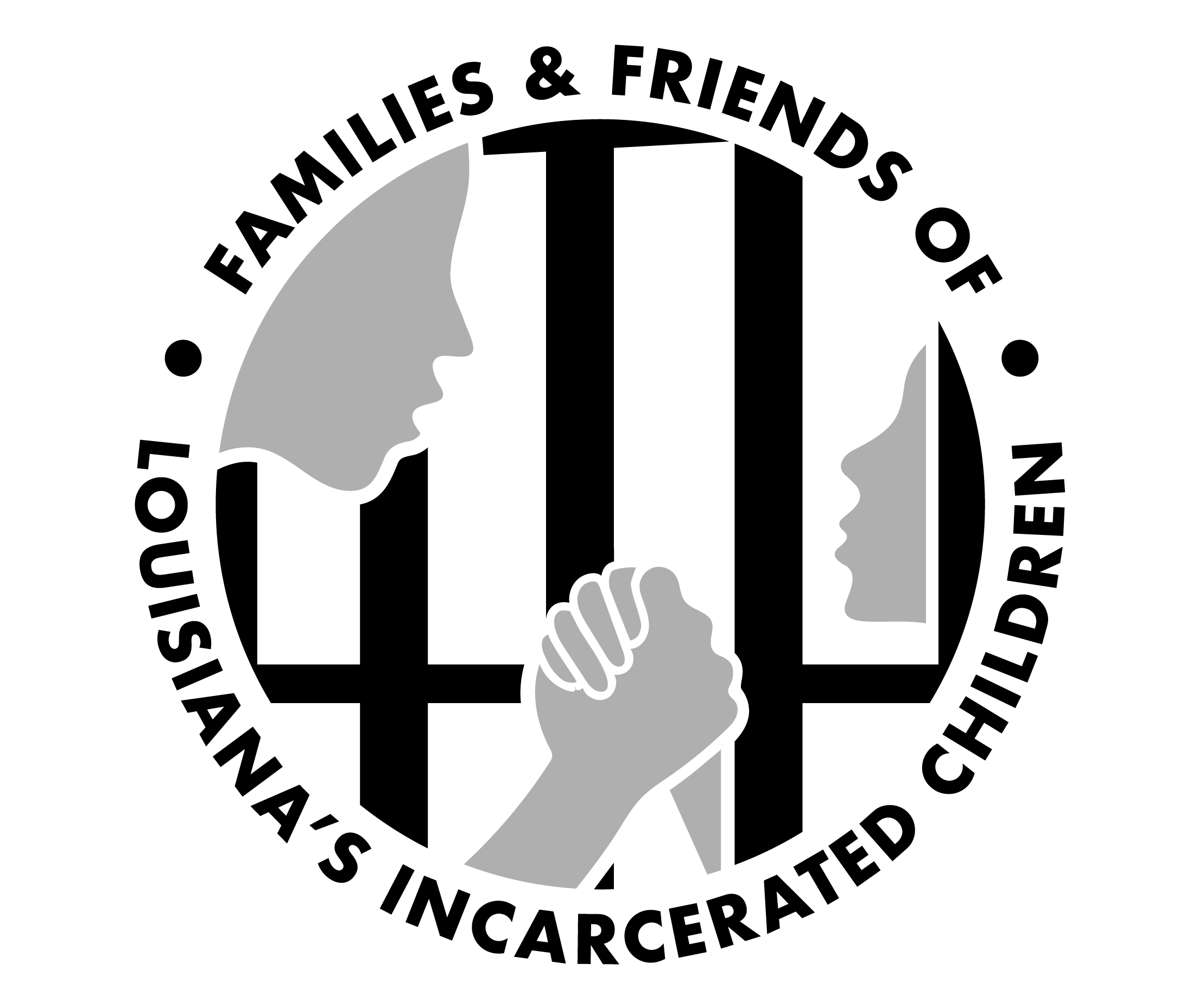The health, well-being, and safety of Louisiana’s children is our responsibility, and children across the state should be protected, supported, and given every opportunity to reach their full potential. Every child is born with the ability to be happy, productive, responsible members of our community. Yet not every child gets to reach this potential when the trauma of systemic racism and poverty impacts their being and robs them, and all of us, of their future. Children are always communicating to us about their needs, especially through their behavior. Systems stakeholders need to start listening to what children are saying about their lives and their needs to create supports that nurture their growth, development, and healing.
A new report from The Center for Disease Control and Prevention highlights 10 years worth of data around youth behavior and well-being in high schools across the nation. Children everywhere are experiencing high levels of anxiety and depression, but for children in Louisiana, the mental health crisis is exacerbated by the pandemic, natural disasters, and high rates of poverty. Last year, a different report showed us that children in Louisiana rank 50th for economic well-being, and 48th in education. We need leaders to take this data seriously and recognize that our community health and well-being depends on the health of the children.
In Louisiana, it’s especially critical for our future since Louisiana has the highest percentage of residents who were born here, meaning people either stay or return to live as they become adults; their development, health, and access to support will determine what the future will be. Investing in children is investing in the future of the state, because in a few short years these children will be entering the workforce, voting, creating new futures, and making decisions that impact us all as a community.
The evidence shows that there is an immediate need to put resources into school based mental health supports. One in three children in LA go to a school with a police officer but no social worker, nurse, psychologist or counselor. If there is a counselor, on average they have twice the caseload that is recommended by the American School Council Association, resulting in overwhelmed staff and children with unmet needs. The increase in suicidal thoughts has gone up across the board, particularly for Black children, yet our mental health supports have stayed the same, or gone down in some places. Research shows that it is developmentally appropriate and normal for youth to engage in behavior that is challenging, especially if they are in distress, have experienced trauma, or live in poverty. For many children, school is the only place they are able to access mental health support. Schools need training for teachers and staff to implement evidence-based models like Positive Behavior Intervention and Supports– a framework for creating safe, equitable, and supportive schools– in addition to training on accessing services for children. If schools can meet the kids where they are, they have a better chance of supporting them, and our communities, back to health.
Not only do school-based mental health supports create the conditions and resources needed for learning and thriving, evidence shows they are a better first line of defense for school safety than police. In fact, police do not make schools safer at all and can make schools less safe. Reliance on school police leads to criminalization and pushes children farther outside their communities and academic goals. Evidence based community support is what has proven to create meaningful change in a youth’s wellbeing. Yet lawmakers keep ignoring the evidence to uphold the costly, ineffective systems that create lasting damage to youth, and therefore to the future of Louisiana.
According to the CDC data, this generation has the lowest crime rates and substance abuse, making the resource drain towards policing and away from health supports all the more ineffective. In order to redirect and shift behavior effectively, the use of positive discipline requires the skills of trained professionals. Prioritizing and funding law enforcement over school based mental health support and staff creates more harm than safety and continually keeps Louisiana at the bottom of the list of child well-being. Youth are experiencing high levels of distress, and we need leadership to take action and channel resources to support them. Lawmakers must make critical investments in initiatives that support communities and families to create a strong and thriving state. To make Louisiana better for youth means to make it better for ourselves and our future.



